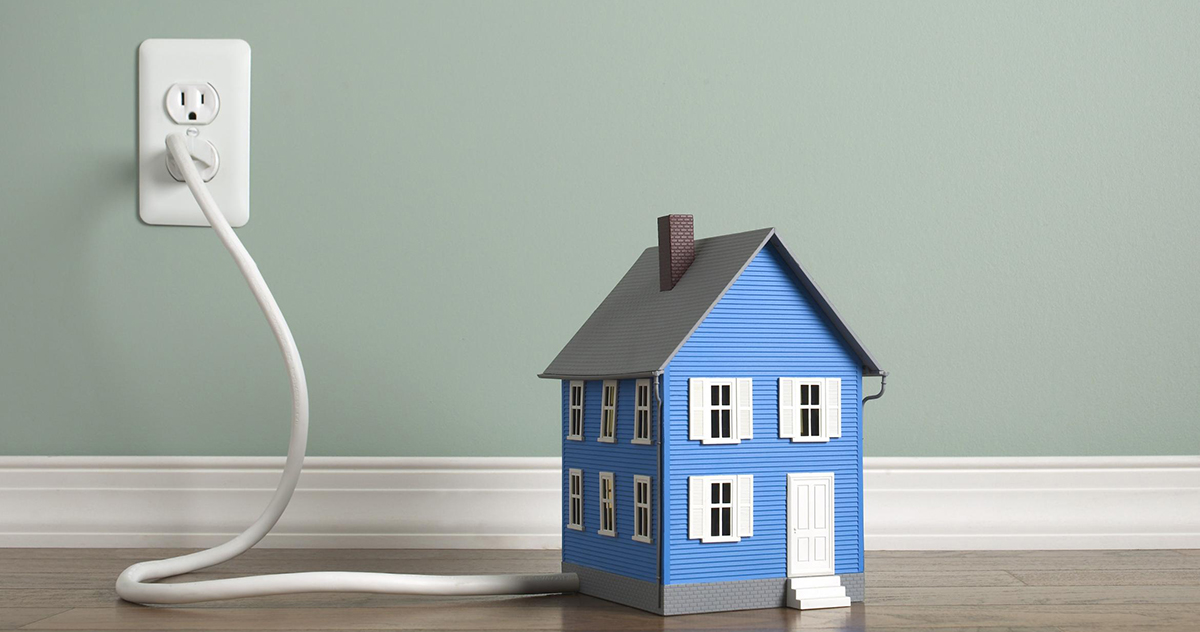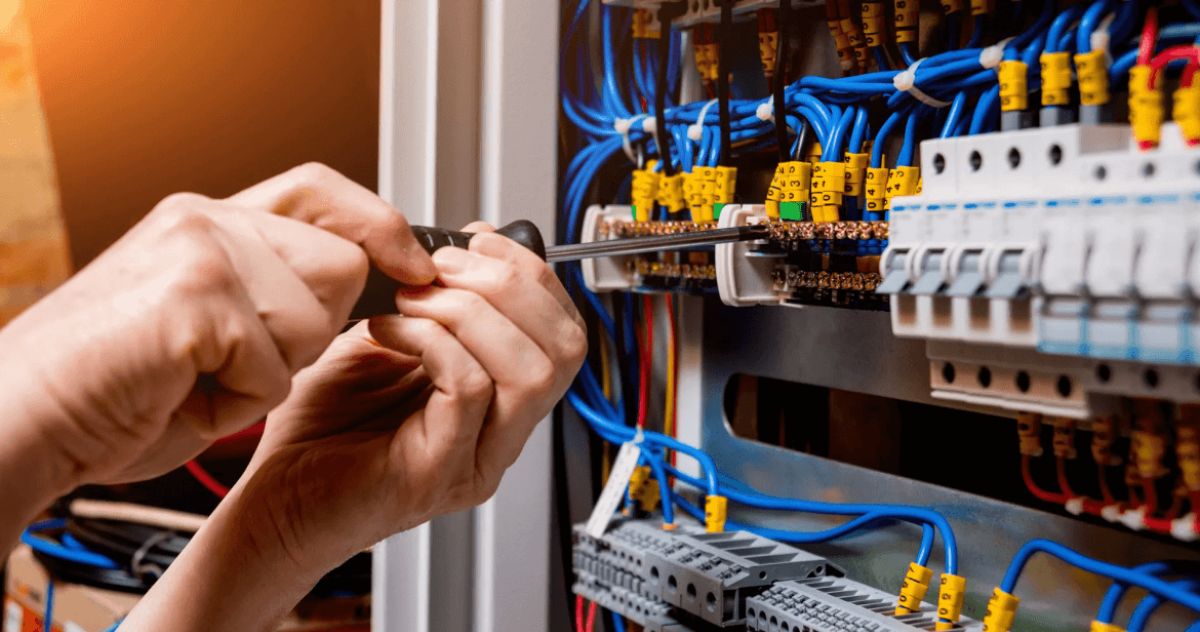The house buying and selling market is currently extremely hot. Many people are buying homes which includes first-time home buyers. If this is often your first time buying a home then it can feel pretty overwhelming.
There’s tons of maintenance that comes with owning a home. One among the foremost important but most forgotten parts of your house is your electricity.
You use your electricity every single day and in every part of your home. It’s something that you simply probably can’t live without. It’s also something which will be extremely dangerous if you don’t look after it properly.
During this blog, GreenCrest would like to share 5 tips which will assist you look after your electricity for your new home!
Tip #1: Know how and when to cut off the power in your home.
One of the most basic things you should know about the electrical in your home is how to cut the power at the circuit breaker box.
You should also know when it’s best to do this (i.e. before you do any sort of electrical work in your home). This important tip will allow you to install lights or change light bulbs without risking a nasty electrical shock.
Tip #2 : Know what a GFCI is and what it’s used for.
A GFCI which stands for Ground Fault Circuit Interrupter, is designed to help protect you from electrical shock.
This specific type of outlet will automatically shut power directly to an outlet off if it detects an electrical fault. These are often required by electrical codes in areas that are damp (i.e a bathroom or kitchen).
Tip #3: Know the signs that your electrical system may need updating.
When you move into a new home, you should get a good understanding of what your electrical looks like. Have your home inspected to ensure your electrical system is upto code and learn the basics that will help you to identify problems.
You should also be mindful of warning signs like hot outlets, smokey odours from outlets, and flickering lights. These can all be signs that your electrical isn’t working properly.
Tip #4: Make sure that you check all of the wattages for your appliances and fixtures.
Being aware of the appropriate wattage for a certain fixture can help keep you safe and also help you be energy efficient.
For example, using the right watt for a light bulb will help you save some money.
*Extra tip: in general for a light fixture that has no watts listed you should use 60-watts. For a ceiling light fixture, it’s best to use 25-watt bulbs.
Tip #5: Know your local electricians and find one that you can trust.
This is especially important if you’ve recently moved to a new area. Knowing who to call in the case of an emergency can save you time and money.
You should also be sure to start building a relationship with someone you can trust. This makes regular maintenance and repairs easier to manage.
So, whether you’re buying a new home or your very first home, don’t hesitate to reach out with any questions about your electrical system or to schedule a maintenance appointment.
Our trained professionals are always happy to help you stay safe in your new home! Call today and let’s talk about how to ensure your electrical system is functioning at its absolute best to save you money and keep you and your loved ones safe.




Leave a Reply
Your email address will not be published. Required fields are marked *